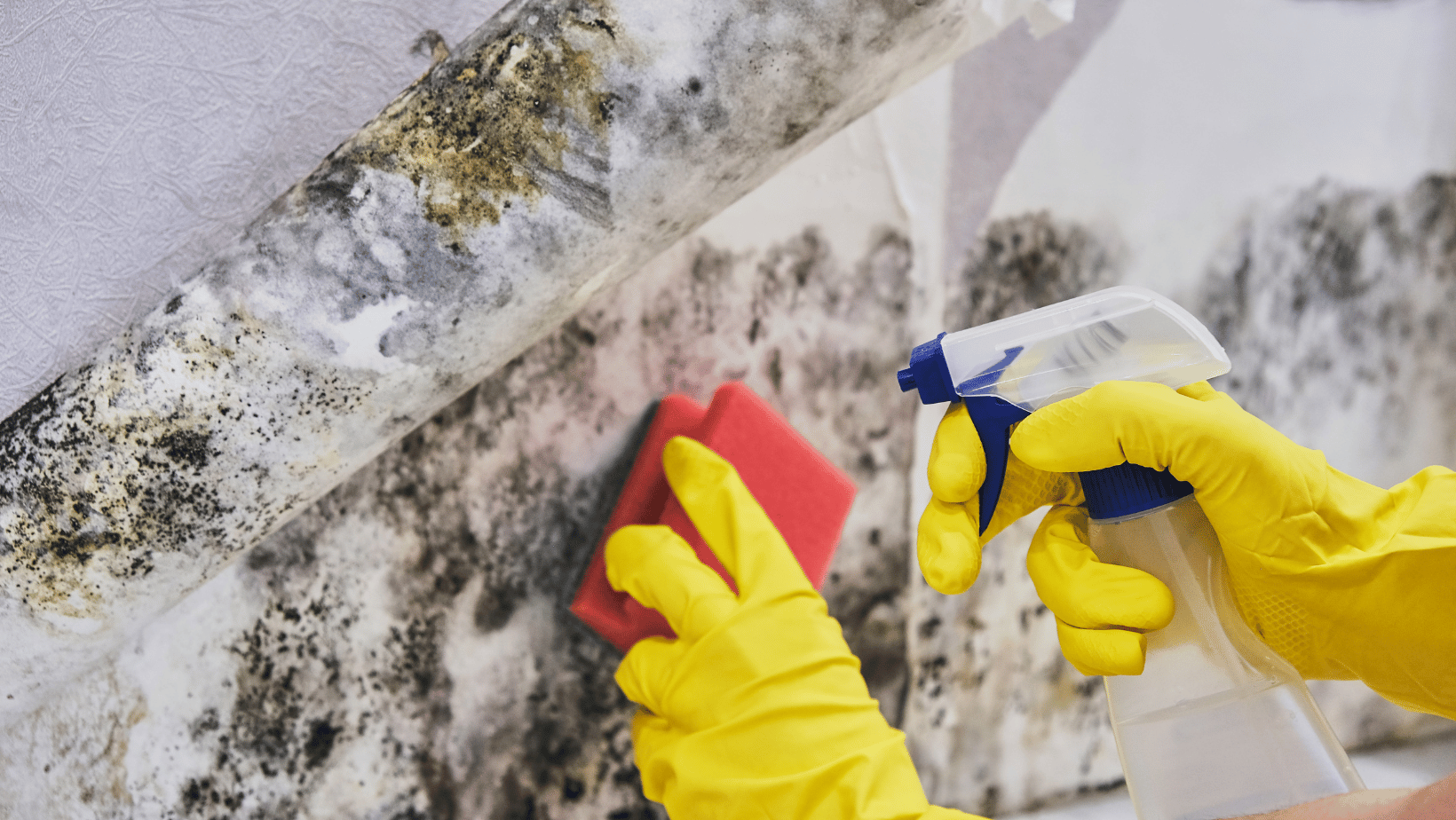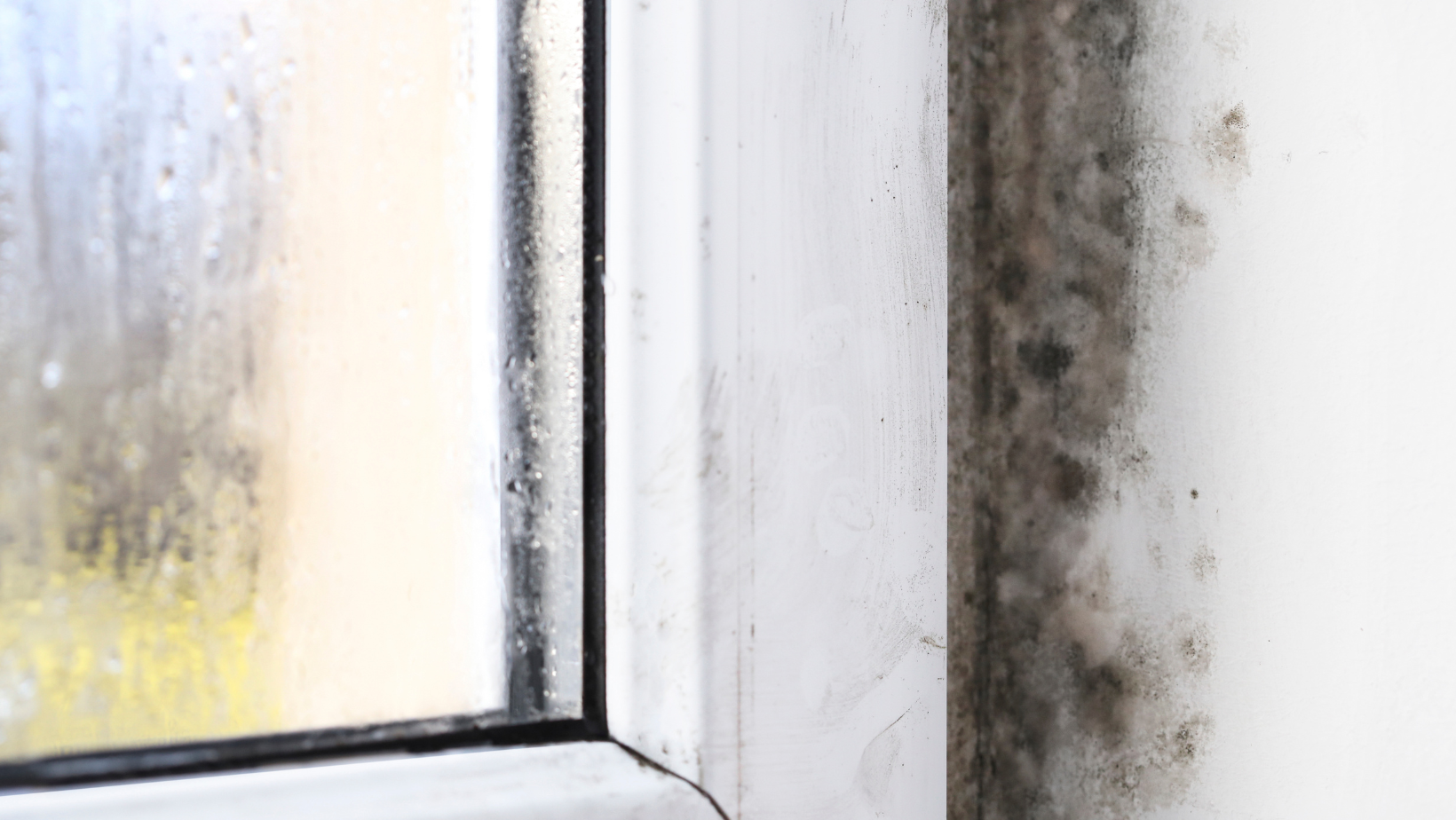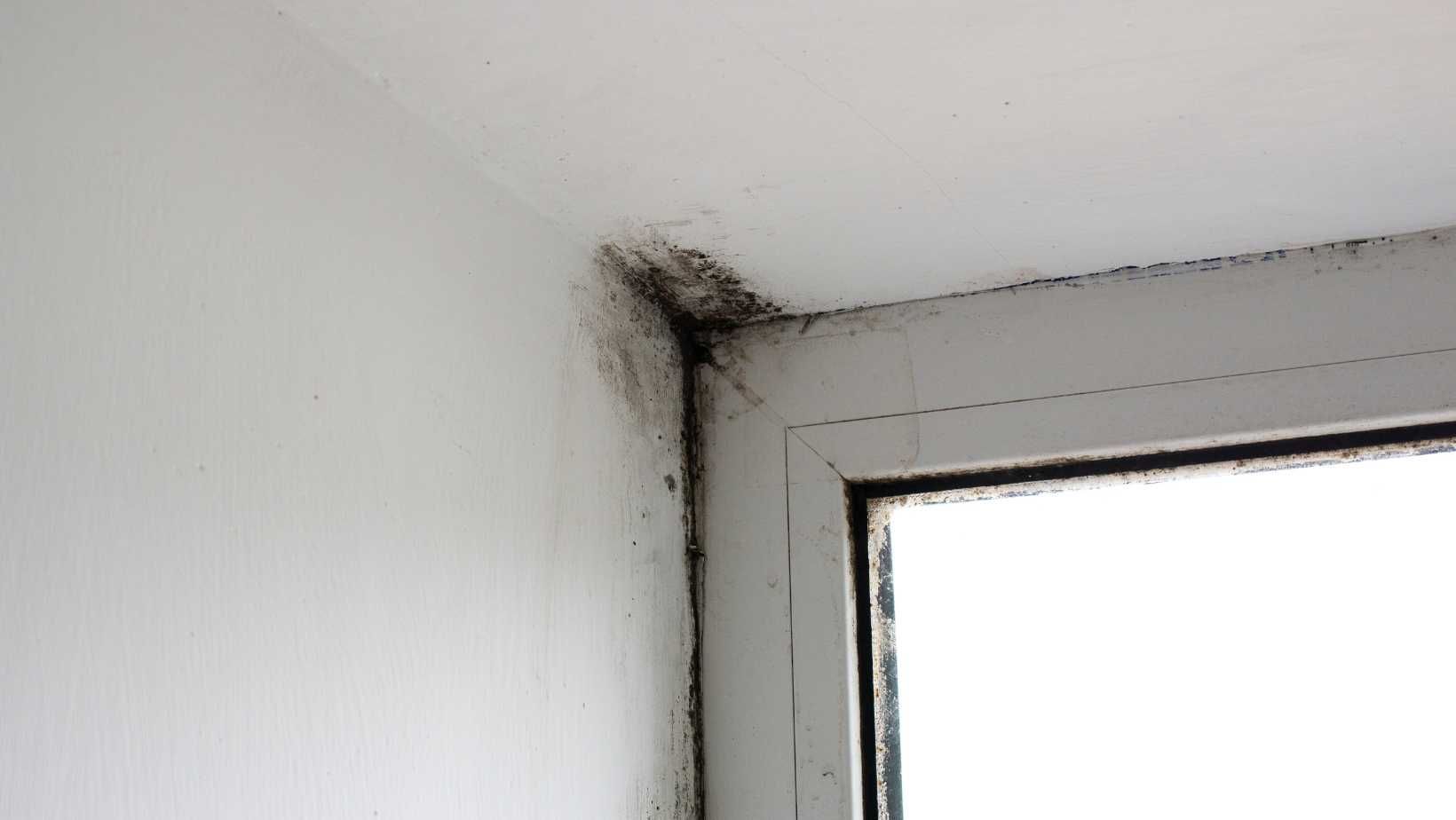Does Mold Smell? Are Musty Odors Dangerous?
Does mold smell? Musty odors definitely means I have mold, right? What does mold smell like? What else smells musty? These are common mold and odor related questions we hear from clients. Generally, musty odors can be an indicator of a potential mold and moisture. However, mold is not always accompanied by an odor, and not all musty odors are caused only by mold. It really all depends on the specific moisture conditions and mold conditions in your property.
Does Mold Smell? Will I Be Able To Smell A Mold Problem In My Home?
One of the telltale signs of an underlying mold and moisture problem is a musty odor. The smell of mold is generally described as unpleasant, pungent, musty, earthy or even meaty. It can smell like wet clothes that got left is the washer for too long, rotting wood or paper, or even how it smells outside following a rain storm. If the mold development is hidden beneath building materials, under flooring, behind walls or in a place that is difficult to access, the odor may be the only indicator that a homeowner can identify on his or her own. Please keep in mind that not all mold will put off an odor, so just because you don’t smell it, doesn’t mean it doesn’t exist. Given the nature of fungal growth and its ability to develop on virtually any damp surface, it is often difficult for homeowners to track down the source of a musty odor without the help of a professional. Louisiana homeowners
Musty odors can occur due to a couple factors related to mold:
- General Wetness— We often hear clients explain that “it just smells damp and musty.” Musty odors can be attributed to damp building materials, wood rot, etc. This odor is similar to the smell on damp clothes that have been left in the washer for just a little too long. This odor is primarily associated with the moisture that can cause and support mold growth, not necessarily the mold itself. The moisture should be properly addressed and thorough dried; otherwise, you will end up with a mold problem down the line.
- Microbial Volatile Organic Compounds (MVOCs)— The musty odor could be the mixture of gaseous compounds being released by the mold organism itself. The gaseous compounds are called Microbial Volatile Organic Compounds (MVOCs). MVOCs are a mixture of various compounds (chemicals) that are being released by the fungal spores as it eats, grows, and multiplies.
Because odors can’t easily be contained, musty odors often spread outside of the contaminated are and permeate areas beyond the original source. Just because you detect the odors in a specific area, does not mean that is where the mold is growing. For example, mold in the crawl space under your house can go unnoticed for a long time because you don’t spend a lot of time down there. Usually, homeowners won’t notice a crawl space moisture or mold issue until the odors begin to permeate the living space above and the residents begin to smell the issue. If you are detecting unexplained odors and can’t seem to get to find the source, you could have a hidden mold problem in your Louisiana home. A trained and certified mold inspector will have the skills, tools and experience to thorough assess your property and get to the bottom of the possible mold that could be causing the odor.
Mold Inspection & Air Quality Testing for Louisiana Homeowners
Odors are often illusive and difficult to track down without professional help. If you smell mold, but don’t see any visible signs of an issue, you should consult a professional mold inspector. Odors can mean that you have a hidden mold problem that has aerosolized and compromised your indoor air. Professional air quality testing can determine if there are high concentrations mold fungal spores affecting the indoor environment and causing odors. A professional mold inspector uses advanced inspection tools, technologies and techniques to assess for signs of mold and moisture that could be problematic and will require further intervention.
The Key to Odor Elimination if Source Removal
If the odor is caused by mold, you have to get to the source of it. The only way to completely remove a musty odor (caused by mold) is to remove the source of the mold. Opening windows, airing out the space, spraying room deodorizers and running fans – these are all very temporary fixes that just mask the ever present problem. The key to odor elimination is source removal. To remove the odor, you have to remove the source of the odor – that means removing the mold in its entirety. If you have an underlying mold problem that is stinking up your house, you need professional mold remediation to restore a clean and safe environment for you and your family.
DryMax is a locally owned company providing mold inspection and mold remediation services for residential and commercial properties in local communities throughout New Orleans, Baton Rouge, Acadiana and Lake Charles. If musty odors have left you worried about mold, call our local mold specialists today to learn more about our services near you -- 337-446-2042.
You might also like
DryMax Mold Blogs




